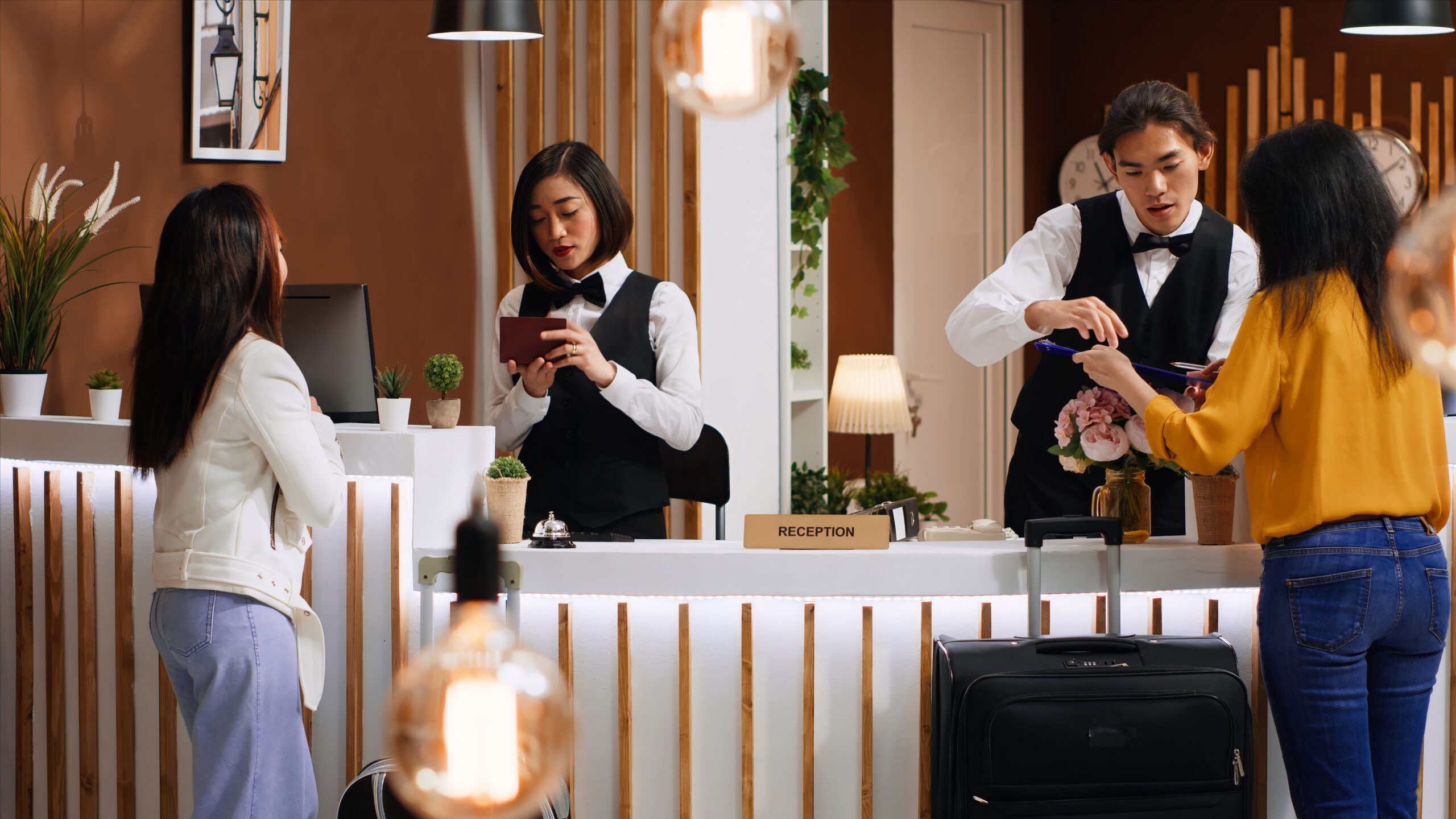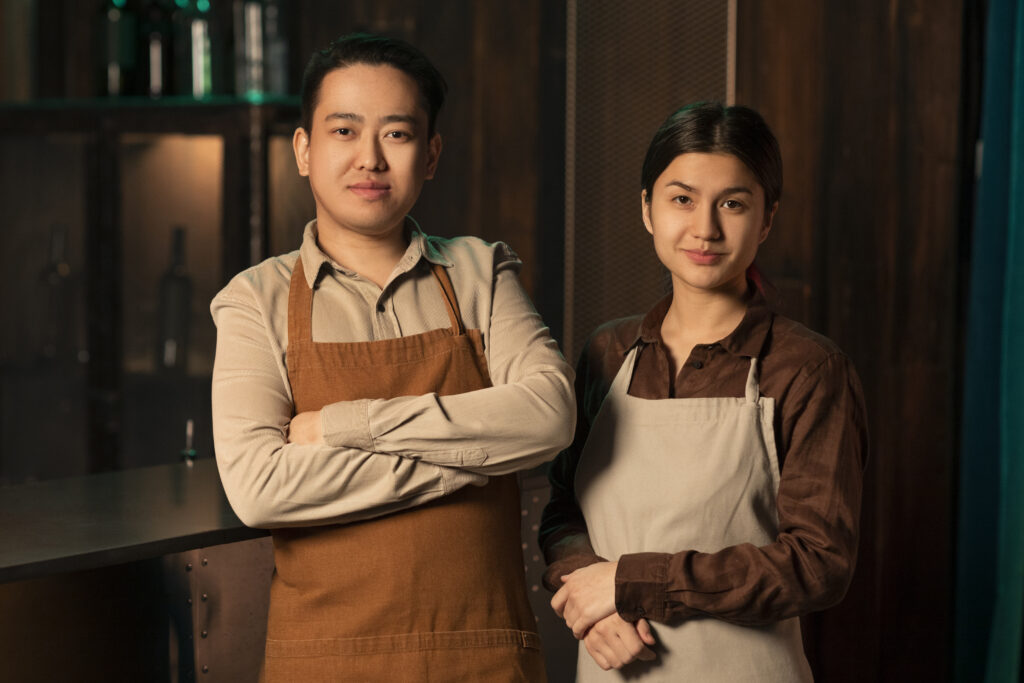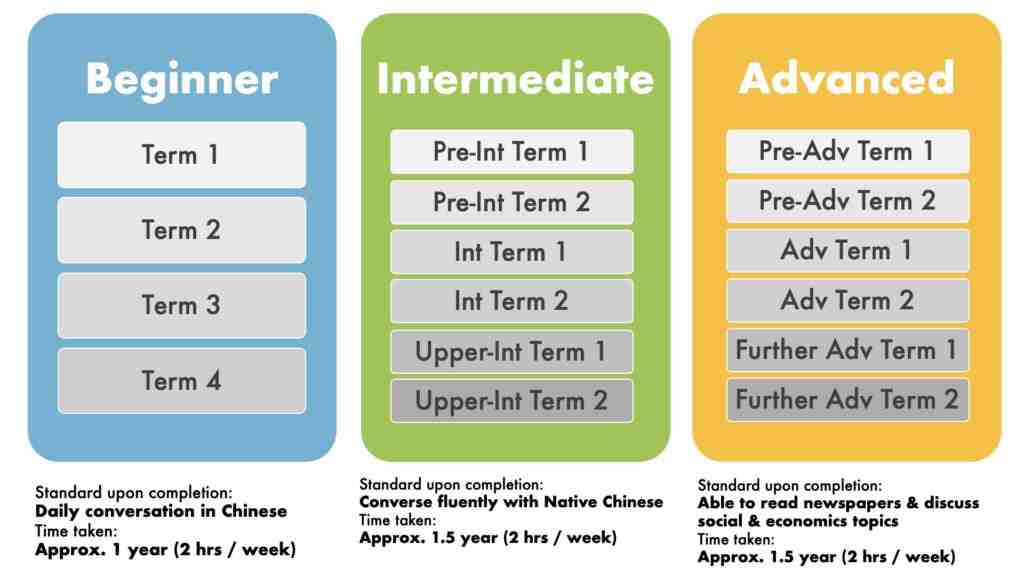Mandarin Tips That Elevate the Guest Experience in Hospitality
Mandarin Tips That Elevate the Guest Experience in Hospitality

Showing service excellence is a huge part of the hospitality industry. As a worker in the hospitality industry, service excellence can be portrayed through both words and actions. Through words, service excellence is usually represented by the ability to communicate smoothly and remain engaged throughout conversations with guests. On the other hand, service excellence through actions can be displayed by understanding and practicing etiquettes and customs while interacting with guests. As the backbone of the hospitality industry, learning how to communicate effectively in Mandarin and mastering Chinese etiquettes are two of the recommended ways to elevate Chinese guests’ experience. Throughout this article, we will discuss how to display service excellence through Mandarin phrases and understanding customs for a better performance in the hospitality industry.
YOU MIGHT ALSO LIKE: Learning Mandarin is a Gamechanger in Singapore’s Hospitality Industry, This is Why
Greetings in Mandarin for Hospitality Staffs

Constant interaction is an inevitable part of the hospitality industry. Whether you’re working at a hotel or restaurant, leaving a good first impression can elevate guests’ experiences while interacting with the hospitality industry. Leaving a great impression can start as easy as properly learning how to greet Chinese guests. Learning proper greetings is not only about choosing the right Mandarin phrases, but also paying attention to gestures and actions. Here’s a quick guide on how to properly greet Chinese guests in the hospitality industry.
Upon Arrival
Once a guest has arrived in your working area, the first thing that you can do is to remain ready to greet them. If you’re working in customer service at the hotel, you have to make sure to stand upright and maintain a good posture, showing that you’re welcoming them. Before they reach the table, you can try offering them a smile and maintain soft eye contact without putting any intimidation on your gaze. If your position is near the door, you can show respect toward them by opening the door and welcoming them in.
Greetings
Greetings in Mandarin usually differ depending on the situation. In the hospitality industry, proper greetings are usually delivered in business Mandarin with phrases such as 欢迎光临 (huānyíng guānglín = welcome) or 您好 (nín hǎo = hello). When you’re greeting Chinese guests, you can try incorporating small gestures such as a light nod or bow.
Providing Hospitality
Another way that you can try to practice giving a great customer service experience to your Chinese guests is by offering gestures of hospitality. These gestures should align with your cultural expectations. It is important to understand that these gestures might vary from one place to another, therefore you need to understand the cultures around your workplace beforehand. When it comes to serving Chinese guests, these gestures might include things like offering beverages, personalised services, or assistance on several matters. We will learn more about how to provide services in accordance with Chinese customs in a later section.
Closure
Once the guests’ needs have been discovered and further actions will be taken at another place, it is important to leave the space for them while signaling that you’ll be ready anytime they need further assistance. To close a conversation with your Chinese guests, you can use phrases such as 祝您入住愉快 (zhù nín rùzhù yúkuài = we wish you a pleasant stay) or 希望您在这里度过美好的时光 (xīwàng nín zài zhèlǐ dùguò měihǎo de shíguāng = we hope you have a wonderful stay).
Customer Service Phrases in the Hospitality Industry

To achieve service excellence, mastering customer service Mandarin phrases in the hospitality industry can be a great start. Learning Mandarin is highly recommended due to its many uses by tourists. With how the number of Mandarin speakers have increased throughout the years, business Mandarin has become significantly more important across several industries, including hospitality. Here are a few customer service phrases that you can utilize in the hospitality industry to elevate your guests’ experience.
Checking in and Assisting in Hotel
- 请问您贵姓
qǐngwèn nín guìxìng?
(May I ask for your name?)
- 请问您有预订吗
qǐngwèn nín yǒu yùdìng ma?
(May I ask, have you had a reservation?)
- 请出示您的护照
qǐng chūshì nín de hùzhào
(Please show me your passport)
- 请问您需要几间房?
qǐngwèn nín xūyào jǐ jiān fáng?
(May I know how many rooms you need?)
- 请填写这张登记表
qǐng tiánxiě zhè zhāng dēngjì biǎo
(Please fill out this registration form)
Assisting in Restaurant
- 这是我们的菜单,请慢慢看
zhè shì wǒmen de càidān, qǐng màn man kàn.
(This is our menu, please take your time in reading it)
- 您要喝点什么吗?
nín yào hē diǎn shénme ma?
(Would you like anything to drink?)
- 您需要我推荐一下吗?
nín xūyào wǒ tuījiàn yīxià ma?
(Would you like any dish recommendations?)
- 请问您现在可以点餐了吗?
qǐngwèn nín xiànzài kěyǐ diǎn cān le ma?
(May I take your order now?)
- 需要再加点什么吗?
xūyào zài jiā diǎn shénme ma?
(Would you like to order anything else?)
Offering Apology
- 我们非常抱歉给您带来不便
wǒmen fēicháng bàoqiàn gěi nín dàilái bùbiàn.
(We truly apologise for the inconvenience)
- 我们会尽快为您解决问题
wǒmen huì jǐnkuài wèi nín jiějué wèntí
(We will resolve the problem as soon as possible)
- 请您谅解
qǐng nín liàngjiě
(We kindly ask for your understanding)
- 谢谢您的耐心和理解
xièxiè nín de nàixīn hé lǐjiě
(Thank you for your patience and understanding)
- 我们会改进服务,避免再次发生
wǒmen huì gǎijìn fúwù, bìmiǎn zàicì fāshēng
(We will improve our services to avoid repeating the same mistake)
Farewell
- 谢谢光临,欢迎下次再来
xièxiè guānglín, huānyíng xiàcì zài lái
(Thank you for coming, we hope to see you again)
- 很高兴今天能为您服务
hěn gāoxìng jīntiān néng wèi nín fúwù
(We are very glad to serve you today)
- 希望您度过了愉快的时光
xīwàng nín dùguò le yúkuài de shíguāng
(We hope you had a pleasant time)
- 感谢您选择我们
gǎnxiè nín xuǎnzé wǒmen
(Thank you for choosing us)
- 再见,祝您有美好的一天
zàijiàn, zhù nín yǒu měihǎo de yītiān
(Goodbye, have a wonderful day)
YOU MIGHT ALSO LIKE: Essential Business Mandarin Phrases Every Professional in Singapore Should Know
Chinese Customs to Master in Hospitality Industry

Providing an excellent service is not only about learning Mandarin to help speak with Chinese guests, but also how you act. Mastering Chinese customs such as greetings and dining etiquette can help set you apart from others, providing a better service for your guests. Here are a few practical Chinese customs that you can master to elevate your Chinese guests’ experience.
Hierarchy and Greetings
When it comes to greeting guests, you have to make sure to acknowledge their position. If possible, always address them by their title + last name, showing that you’re paying attention and willing to show respect. As a worker in the hospitality industry, you can address your Chinese guests by using 先生 (xiānsheng = Mr.) or 女士 (nǚshì = Ms.). Furthermore, you can show your respect toward the guests by paying attention to hierarchy. When it comes to hierarchical position, Chinese guests often start from the eldest or the higher-ups of the groups.
Two-Hands Etiquette
This small practice is a great starting point to master Chinese customs and can be applied elsewhere. The two-hands etiquette is a common practice where you use both hands while receiving and giving something to another person. Other than China, this practice is commonly used by different cultures around Asia.
Dining Etiquette
Serving in the hospitality industry may include working in a dining place. A common practice that is offered by restaurants with many Chinese guests is offering warm tea or water as before any other orders. In most places, workers are required to refill the Chinese guests’ glass once it’s half empty. Another important dining etiquette while serving food to Chinese guests is putting all dishes in the middle to avoid serving only to one person in a particular group.
Gestures of Care
Another Chinese custom that you can try implementing while working in the hospitality industry is by paying attention toward the Chinese guests in your workplace. For example you can offer small gestures such as assisting them in carrying their luggages or providing a cover for their umbrella during rainy days. These small gestures are often signs of professionalism in the hospitality industry and will leave a great impression for the Chinese guests.







